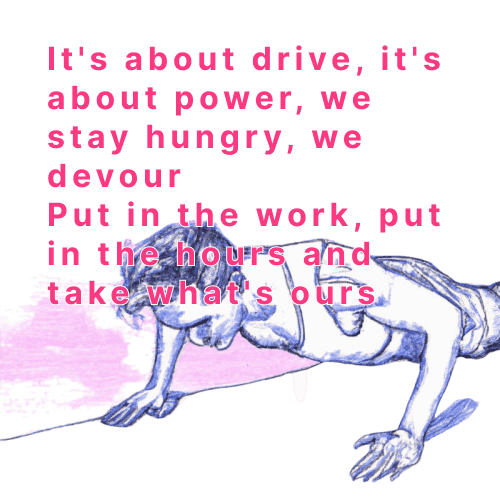Misinfocon India Working Groups
Tags:

These were the broad topics or working groups that people in the gathering converged on, on day 3:
Zombie Claims
- Research how Zombie Misinformation functions, what it means, how it works and why one time debunking does not work.
- Research wikipedia as a source for zombie misinformation
- Build tech to support research on zombie misinformation
- Work with Meedan’s claim matching tech to effectively kill zombie claims
- Wikipedia as a source for zombie misinformation
- Create Topic related fact check sites
- Build tech for detecting claim matching and similarity
- Hold platforms accountable and tell them tools they can use
- Tell platforms that they can use these systems
- Make this tech available for big and small platforms
Reduce Debunking Latency
- Work with Meedan’s check tipline to tackle this
- Create popup news rooms around specific events
- Anticipating Misinformation and prebunking
- Create database of fact checks
- Use machine learning tools for detection
- Make this data available to different audiences (newsroom, individuals)
- Solve for claims reappearing in multiple languages by pre-translating every factcheck
Platform Failure
- Explore whether self regulation can work. If not then how do you fix it with regulation?
- Compile the tech solutions that we should advocate for.
- Study How do people exploit anonymity to spread misinformation? Can we rely on algorithmic mechanisms for reducing virality from anonymous sources/ platforms?
- Think about tactics that leverage regulatory arbitrage (across geographies).
Liberation from Big tech Platforms
- Create a data donation service
- Create a traceable archive for communities
- Archive for fact checked content (?)
- Build a tool that lets you post on short video platforms while also keeping local archives of content produced.
Producing Content
- Create a Narrative show that shows how information or misinformation is a part of our daily family life. Beyond media literacy that is framed as wrong action.
- Create Educational curriculum for different age levels.
- Create content to different languages
- Study influencer educators to understand how they straddle objectivity and subjectivity
- Create content in multiple formats so the audiences can have a choice on what format they want to access the ‘fact check’ in.
- Ideate on Digital storytelling for fact checked content beyond long-form text storytelling
- Provide a digest to creators on what topics to tackle
Increasing reach of Fact Checks
- SEO training
- Study and implement UI tweaks that work for different demographics
Source Tracking
- Think about citational justice in terms of wikipedia
- Can you use a metadata tag/ poisoning to track networks.
- Libraries and archives are thinking of this in context of provenance and AI
MIA Data
- A crowdsourced data directory
- Pre-internet Tata used to create a dataset
- Build Archives with access controls
- See if we can join the factly project
- Activating networks for maintaining/cleaning datasets
Data Void
- Assist Meedan's work on gendered disinformation:
- Definitions are a problem (one form of a gender based violence)
- Identifying gendered disinformation (support on tech for contextual detection).
Critical Reading
- Make Media literacy curriculum content (targeted for age groups for critical thinking)
- Keeping updated based on research
- Work with those involved in existing curriculum
- Tabulating list of existing curriculum
- Cataloging ‘misinformation techniques’ (informal logics)
Social media and archiving
- Archiving was a theme that came up in multiple working groups. The notes from the dedicated breakout session on the topic can be found here.
More documentation
The documentation on the work continuing from MisinfoCon is being maitained here: https://tattle-made.github.io/misinfocon-india-docs/working-groups